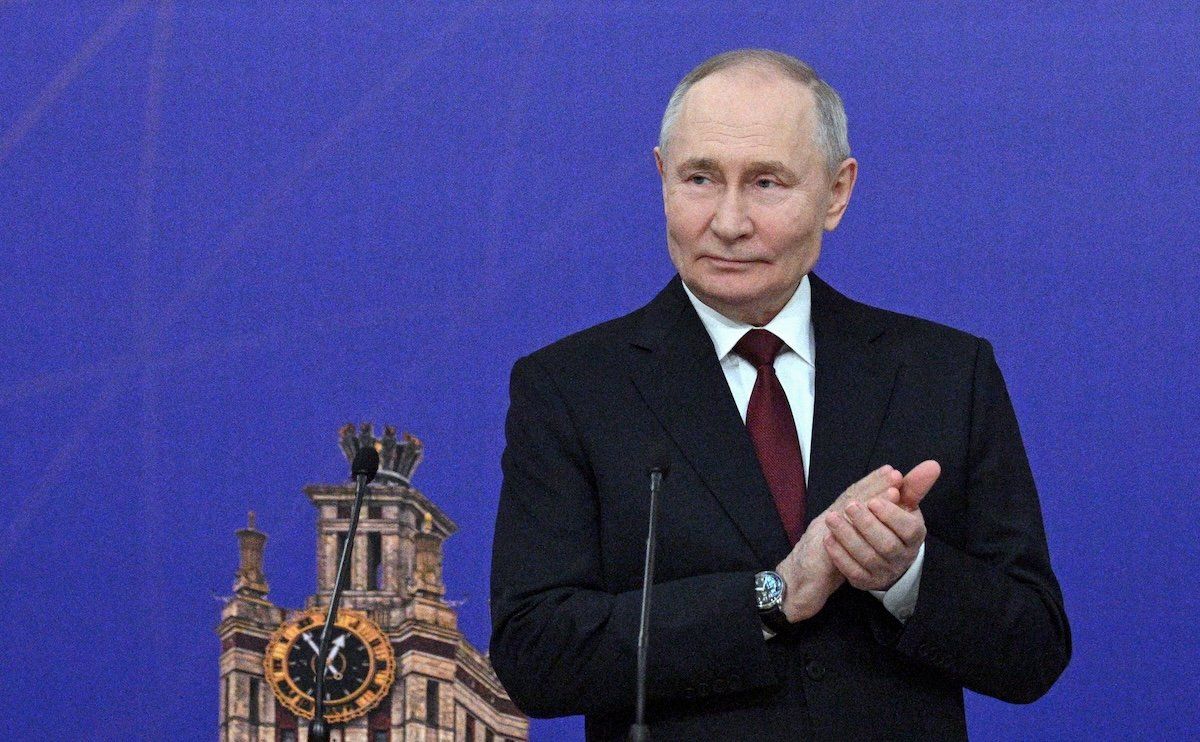February 06, 2025
Preparations for a Donald Trump-Vladimir Putin meeting are at an “advanced stage,” according to a top Russian lawmaker.
There’s no shortage of agenda items:
The Ukraine war. Brokering a settlement in the three-year-old war that is both realistic and sustainable is top of the agenda. Trump was elected in part on a pledge to end the conflict swiftly. Putin reportedly wants any settlement to be part of a larger US-Russia pact on global issues, and he says he won’t speak to Zelensky directly. Zelensky, meanwhile, wants security guarantees from the US to prevent the conflict from flaring again in the future. Many circles to square.
Nuclear weapons. Virtually all of the US-Russia arms control treaties have lapsed. Drawing up new pacts, which might potentially involve China – a rising nuclear power in its own right – is a key challenge for the world’s two largest nuclear powers.
The Middle East. The collapse of the Assad regime in Syria, a major Moscow proxy, was a blow to Putin. But he is trying at least to maintain his military bases there and remains keen to play a wider role in the region. Russia’s close ties with Iran can be useful as Trump shapes his policy toward Tehran: Is a new US-Iran nuclear deal possible, or will the US – and an ultra-hawkish Israel – take military action to stop Iran’s nuclear program?
Pencil it in: “February or March” is when the summit could happen.More For You
- YouTube
In this episode of GZERO Europe, Carl Bildt examines how an eventful week in Davos further strained transatlantic relations and reignited tensions over Greenland.
Most Popular
- YouTube
In this Quick Take, Ian Bremmer addresses the killing of Alex Pretti at a protest in Minneapolis, calling it “a tipping point” in America’s increasingly volatile politics.
Two Iranian motorcyclists stop in front of the burned East Tehran General Directorate of Tax Affairs headquarters in Tehran, Iran, on January 21, 2026.
Photo by Morteza Nikoubazl/NurPhoto
30,000: The estimated death toll in Iran during the protests at the start of the year, per local health officials, underscoring the scale of the Islamic Republic’s crackdown on its own citizens.
© 2025 GZERO Media. All Rights Reserved | A Eurasia Group media company.
